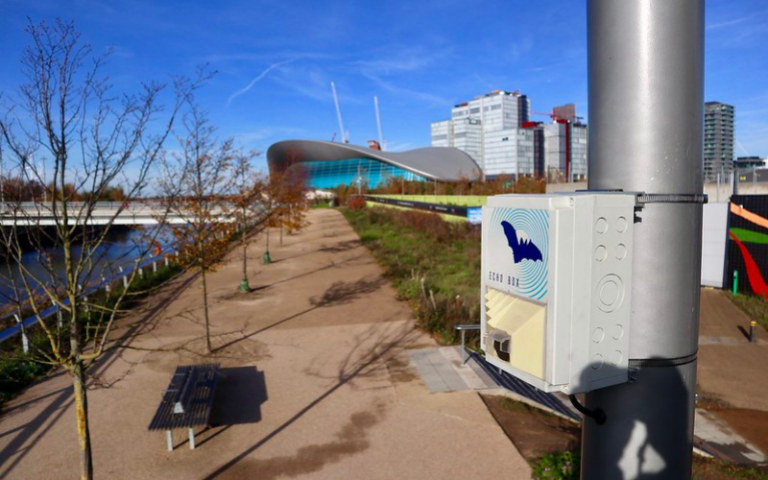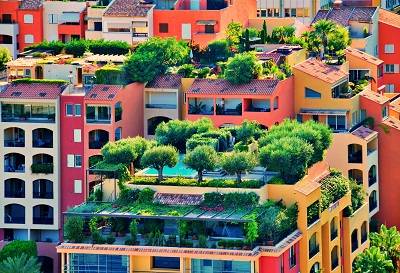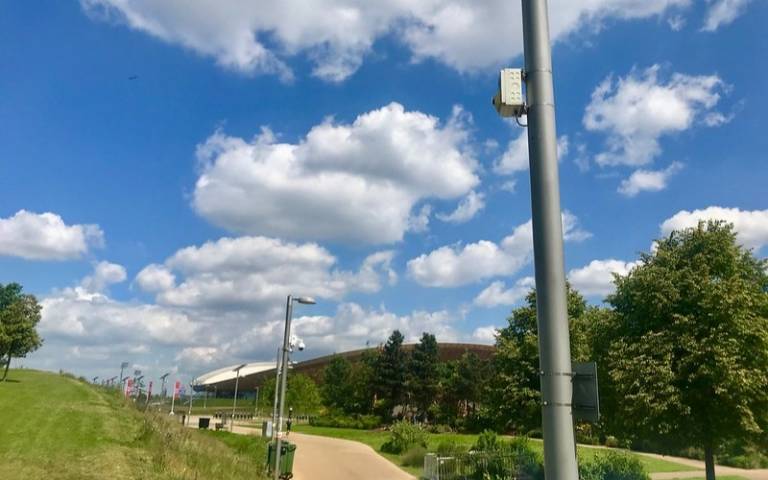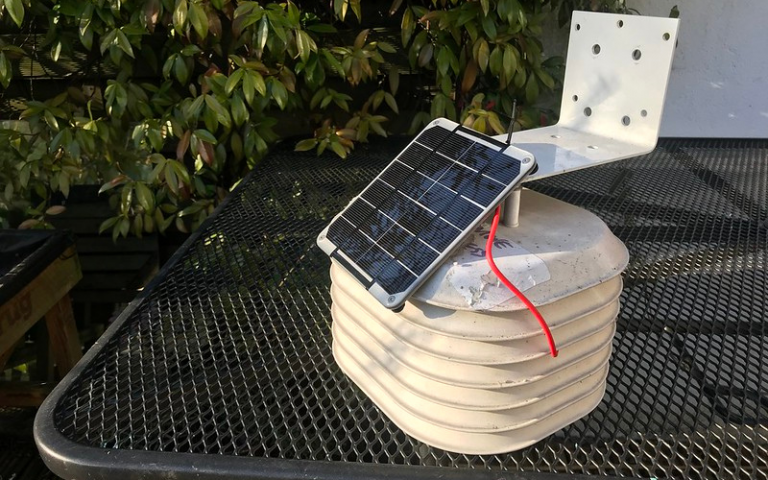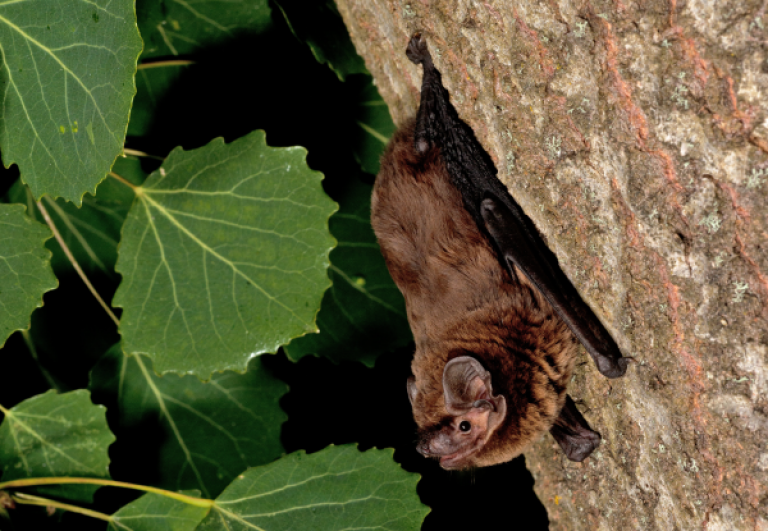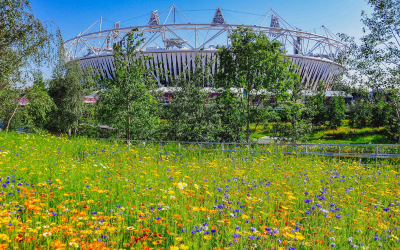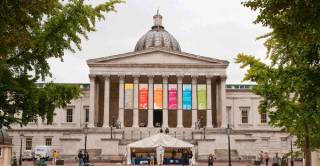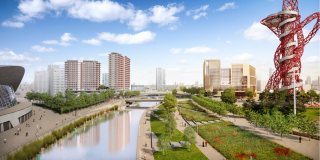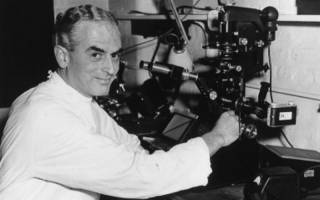| Programme Details | |
|---|
| Start Date | September entry |
| Awards Available | MSc |
| Duration | 1 year Full Time
2 years Part Time |
| Location | UCL East Campus |
Why Study MSc Ecology and Urban Engineering
The MSc in Ecology and Urban Engineering brings together ecological theory and practice and urban design and engineering to train a new generation of built environment professionals. This multi-disciplinary programme will cover foundational understanding of ecological theory, biodiversity monitoring and data handling, as well as climate-resilient urban design and green and blue infrastructure. Students will also work with professionals from industry, government, NGOs, and local communities to deliver real urban projects with long-term biodiversity benefits.
Our new cross-disciplinary postgraduate programme will welcome students interested in ecology and wildlife conservation technologies, urban engineering and design, architecture, and other built environment disciplines. You will gain a deep understanding of the impacts of construction on ecosystem and the skills to design and build urban environments that truly benefit nature and mitigate climate change. By the end of the programme, you will have the project management skills, and theoretical and practical experience needed to implement ecologically informed sustainable and adaptable urban development solutions.
Why study this programme at UCL?
The MSc Ecology and Urban Engineering is taught in UCL’s purpose-built People and Nature Lab at the new UCL East campus in the Queen Elizabeth Olympic Park in Stratford in East London.
Our People & Nature Lab represents an exciting new cross-disciplinary research and teaching partnership to facilitate innovative approaches to tackle the challenges posed by biodiversity loss, global ecosystem degradation and climate change, to support a more sustainable relationship between people and nature.
UCL’s breadth of expertise across disciplines, the scale of the investment in the new campus combine to create a unique opportunity to take our understanding of the interdependencies of the modern world and its impact upon our environment to the next level.
UCL’s People and Nature Lab expands the work of the Centre for Biodiversity and Environment Research (CBER) within the Research Department of Genetics, Evolution and Environment. Building on nearly two centuries of the study of the natural environment, CBER was established in 2013 as a world-leading centre of excellence for the study of the impact of rapid environmental change on biodiversity, how species are adapting to anthropogenic change, and how the degradation of nature impacts people and society. This programme is taught in collaboration with UCL Civil, Environmental and Geomatic Engineering (Faculty of Engineering).
The Ecology and Urban Engineering MSc is directed by Professor Kate Jones, a world-leading ecologist who has made pivotal innovations in monitoring biodiversity, developing some of the first applied artificial intelligence tools for monitoring wildlife populations. She has also made key advances in modelling and forecasting zoonotic disease outbreaks in humans, breaking down traditional barriers between ecology, climate change and public health to inform global policy.
Career opportunities are varied. Upon completion of the programme, you will possess the project management skills, and theoretical and practical experience needed to implement cutting-edge technological, statistical and computational solutions to address ecological and environmental challenges within the urban built environment. You will also leave with the necessary insight to plan and undertake independent research, and the ability to report its findings to a variety of audiences.
Employment destinations may include engineering, architecture, local government, and UK government organisations such as the Defra and the Environment Agency, development and environmental consultancies; environmental charities; conservation charities.
Course content
The MSc programme consists of five compulsory modules, two optional modules and a research project. During the Urban Engineering Nature Smart Challenge, you will work with one of our external partners to deliver a real project delivering biodiversity benefits.
Compulsory modules
Optional modules
*Subject to timetabling
MSc Ecology and Urban Engineering Research Project
A range of projects will be available working with UCL academics and programme partners. Students will carry out an original piece of research that answers an ecological and urban engineering question developed with the student’s expert supervisory team. The student will produce a dissertation detailing and critically analysing their work, and will be expected to prepare an oral presentation delivered to an invited audience.
Facilities and fieldwork
Students on the MSc programmes are taught in the new facilities in the People and Nature Lab at the UCL East campus.
These facilities include cutting-edge laboratories and workshops, and the ‘Living Laboratory’ of the Queen Elizabeth Olympic Park (QEOP) designed to be home to both people and nature. Networks of sensors in the QEOP collect environmental and biodiversity data and students would have the chance to build and deploy new sensors and analyse the existing data streams.
People and Nature Lab's First Project
Whilst the new UCL East campus was being built, the People and Nature Lab worked with colleagues at Intel to develop the world’s first automated smart detectors for monitoring bats through their echolocation calls. Our ‘Echo Boxes’ continuously record and identify bat calls using machine learning across the Queen Elizabeth Olympic Park sending the results back in real-time to understand the health of the environment.
Find out more about the Project

 Close
Close


